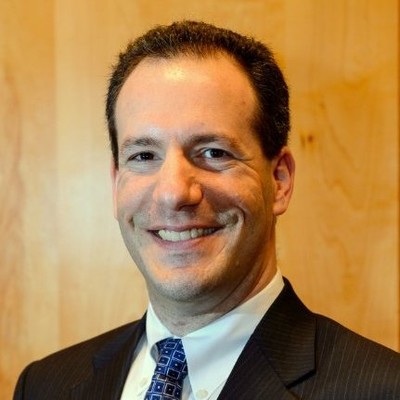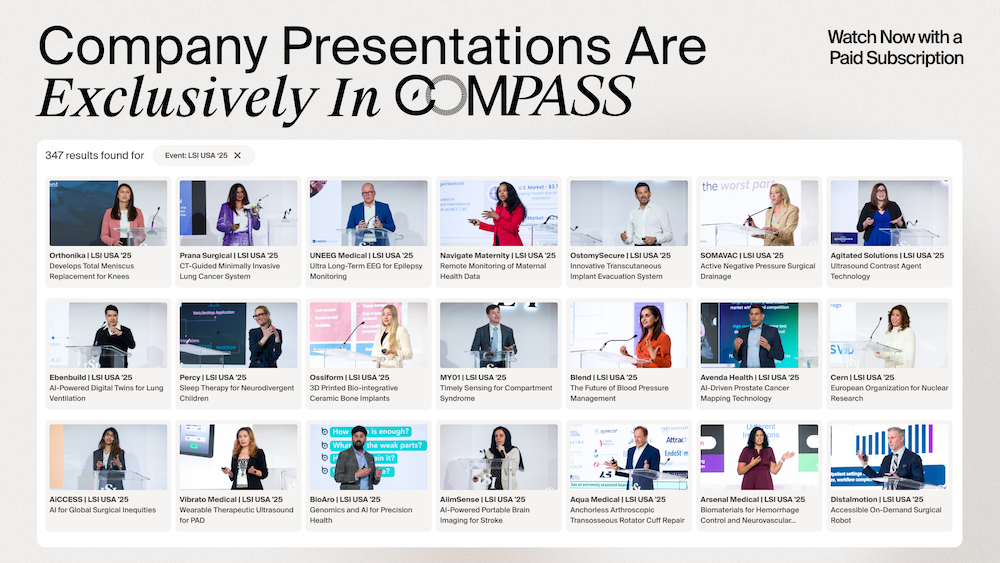- Video Library
- Marc Zemel, Retia Medical - Advanced Hemodynamic Monitors | LSI USA '24
Marc Zemel, Retia Medical - Advanced Hemodynamic Monitors | LSI USA '24
shaping the future of
Medtech at LSI USA ‘26
Waldorf Astoria, Monarch Beach

Marc Zemel
I am a serial medical device entrepreneur. I founded Retia Medical to develop advanced algorithms for guiding hemodynamic management. Retia focuses on detecting shock and guiding treatment for high-risk surgical and critically ill patients to improve outcomes. Retia's Argos monitor has been adopted by leading academic medical centers, including Cleveland Clinic, Johns Hopkins, Columbia, Cornell, Duke and several others. They chose the Argos for its consistent accuracy, rapid (1-minute) setup, and unlimited use (no disposables) business model.
In 2021, Retia was selected to Medtech Innovator, the industry-sponsored startup competition, out of over 1200 applicants and was a finalist in the Value Competition.
In 2022, Retia completed its Series B financing led by Fresenius Medical Care Ventures, with participation from another global strategic investor, the Pritzker Vlock Family Office, and Red Cedar Ventures (Michigan State).
In my career, I have raised over $40M in investor and non-dilutive capital, led over 12 clinical studies, taken products through FDA clearance and CE Mark, built and led commercial teams, and continue to lead Retia as it ramps sales in 14 countries (and counting!).
Marc Zemel
I am a serial medical device entrepreneur. I founded Retia Medical to develop advanced algorithms for guiding hemodynamic management. Retia focuses on detecting shock and guiding treatment for high-risk surgical and critically ill patients to improve outcomes. Retia's Argos monitor has been adopted by leading academic medical centers, including Cleveland Clinic, Johns Hopkins, Columbia, Cornell, Duke and several others. They chose the Argos for its consistent accuracy, rapid (1-minute) setup, and unlimited use (no disposables) business model.
In 2021, Retia was selected to Medtech Innovator, the industry-sponsored startup competition, out of over 1200 applicants and was a finalist in the Value Competition.
In 2022, Retia completed its Series B financing led by Fresenius Medical Care Ventures, with participation from another global strategic investor, the Pritzker Vlock Family Office, and Red Cedar Ventures (Michigan State).
In my career, I have raised over $40M in investor and non-dilutive capital, led over 12 clinical studies, taken products through FDA clearance and CE Mark, built and led commercial teams, and continue to lead Retia as it ramps sales in 14 countries (and counting!).

17011 Beach Blvd, Suite 500 Huntington Beach, CA 92647
714-847-3540© 2026 Life Science Intelligence, Inc., All Rights Reserved. | Privacy Policy







